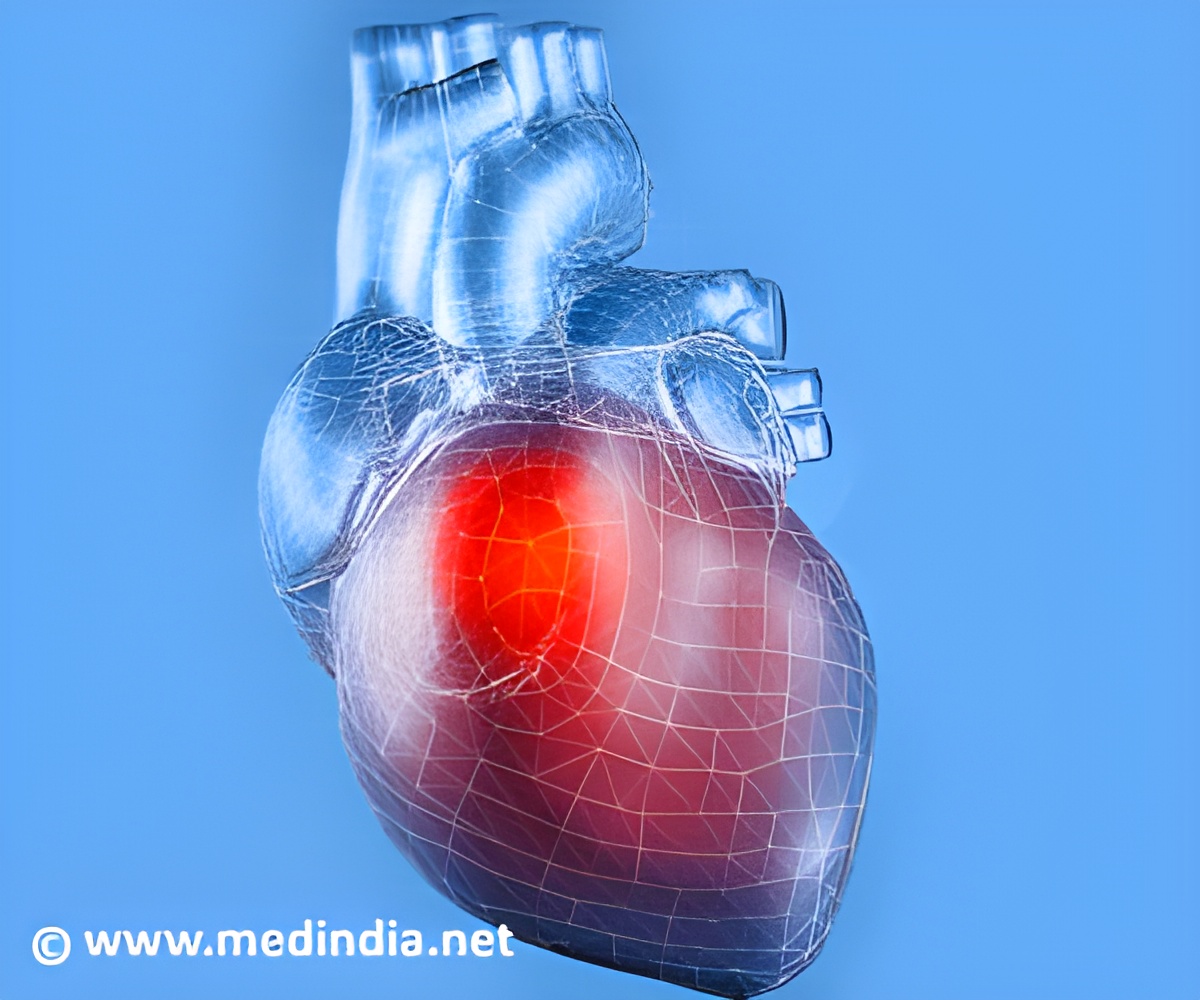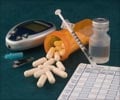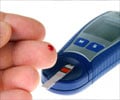The hearts of prediabetic and diabetic people tend to take up excessive fatty acids, which may be the reason behind the development of heart disease in diabetics.

Studies have shown that increased uptake of fatty acids by the heart muscle impairs cardiac function. It increases the oxidation of the cardiac muscle and reduces its contracting ability.
A study was carried out to assess the effects of dietary fats on cardiac muscle in individuals who showed impaired glucose tolerance (IGT+). The study subjects included 9 IGT+ individuals and 17 IGT− individuals for the purpose of comparison.
Following a fasting period, an intravenous catheter was placed in one arm for infusions and another was placed in a vein of the other arm for blood sampling.
A standard liquid meal was given to each participant. In the first protocol, oral 18FTHA was administered to study whole-body dietary fatty acid partitioning in various organs with the help of PET and CT scan.
In the second part of the study, [11C]acetate was administered 90 min after the start of meal intake followed by PET scan to study the blood flow and oxidative metabolism of the cardiac muscle.
In the study, IGT+ participants were usually older, and had higher body mass index (BMI) and waist circumference. They had higher plasma insulin levels, (non-esterified fatty acid) NEFA and triglyceride levels.
The study also found a significant reduction in cardiac function, as estimated using parameters like left ventricular stroke volume, ejection fraction, and cardiac output in IGT+ participants. In addition, blood flow to the heart muscle and oxidative metabolism, which could damage the heart muscle and is implicated in the development of heart disease in diabetics, was higher in IGT+ participants.
The study thus concludes that excessive exposure of the heart to dietary fatty acids could be the reason behind the development of heart disease in diabetic patients.
Reference:
1. Increased Myocardial Uptake of Dietary Fatty Acids Linked to Cardiac Dysfunction in Glucose-Intolerant Humans; Sebastien Labbe et al; Diabetes November 2012vol. 61 no. 11 2701-2710
Source-Medindia















